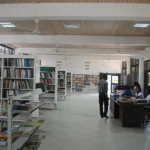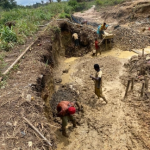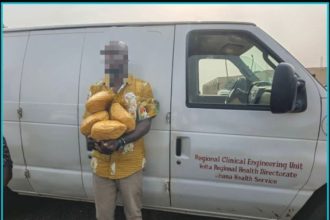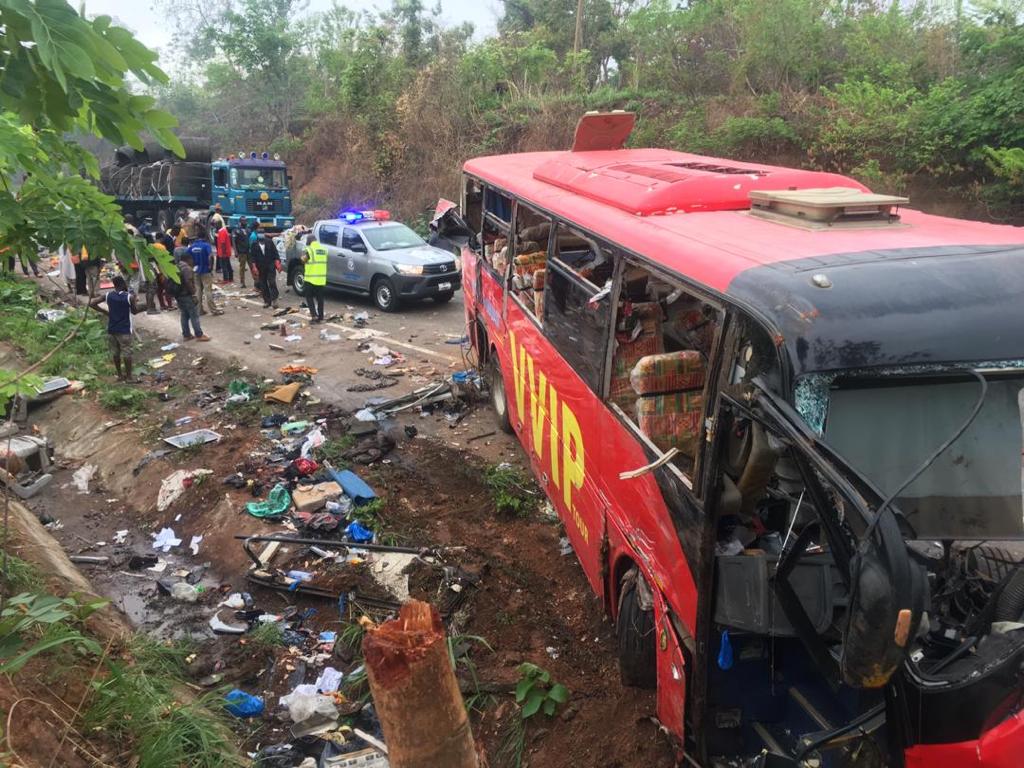Family members of two of the three missing Takoradi girls have agreed to assist the police to conduct forensic examination to determine the identities of the skeletons that were retrieved from a cesspit at Kansaworodo, a suburb of Sekondi/ Takoradi.
The discovery of the skeletons had stirred controversy as the families of the three girls insisted that they would not cooperate with the police in their quest to conduct a DNA examination to establish whether the skeletons were those of the girls.
However, a highly placed source at the Criminal Investigations Department (CID) told the Daily Graphic yesterday that the families of Priscilla Blessing Bentum, 21, and Priscilla Mantebea Koranchie, 18, have now agreed to the DNA test.
Following the new development, the CID said forensic scientists would be in Takoradi today to take the required samples for the DNA examination.
The source denied that the police, in February, this year, took blood samples from the family members of the missing girls as the families claimed during their press conference.
“Let me say that nobody uses blood for forensic examination in these modern times. What is needed is saliva,” the source said.
“We have been serious”
According to the CID, they had never relented in the search for the missing Takoradi girls since they took over the case.
The source said that all the security agencies were mobilised to assist in unravelling the mystery surrounding the disappearance of the girls.
The search, according to the CID, took a crack team of police investigators from Ghana to Nigeria where they visited Calabar, Port Harcourt, Onitsha in Anambra State and Rivers State because the main suspect, Samuel Udoetuk-Willis, told them that the girls were alive in Nigeria and directed them to specific places where, he said, the girls were being kept.
The source added that the investigators, with the assistance of the Nigerian police, followed up to the locations but the girls were nowhere to be found.
Search
After the fruitless search for the girls in Nigeria, the police investigators returned to Ghana and the suspect took them on a wild goose chase to Kasoa, Koforidua, Swedru and almost all the suburbs of Takoradi, claiming that the girls were there, all to no avail.
The source said on many occasions, the suspect insisted that he gave the girls to two other accomplices whom he named as John and Chika, and claimed the two men took the girls to Nigeria by road.
It further stated that the suspect was again questioned by interrogators in the presence of the Nigerian High Commissioner to Ghana at the office of the CID boss in Accra where he confessed that the girls were alive and that they were being kept in Calabar.
Based on the assurance by Willis that the girls were alive and had been sold into slavery in Nigeria, the CID source said they (CID) were optimistic that the girls were indeed alive and safe.
Consequently, a team of police personnel and some BNI officials were quickly despatched to Calabar in Nigeria and with the help of the Nigerian police they located the address given by Willis but the girls were not found there too.
Victims in Nigeria
From Calabar, the team intensified their search and extended it to Port Harcourt, Onitsha and finally to Rivers State, and although all the addresses given by the suspect were located, the girls were nowhere to be found.
The source said pushed further, the suspect insisted that he gave the girls to the two other accomplices and that they would be the best people to help locate them.
According to the CID source, John was later arrested in Togo but he denied any knowledge of the whereabouts of the girls.
The arrest of the second accomplice called Chika, in Nigeria by the Nigerian police, led the Ghana police to re-orient the whole investigations scenario and look for the possibility that the girls might have been killed.
The source said following the arrest of Chika in Nigeria last week, the Nigerian police saw a WhatsApp chat between him and Samuel Willis in which he (Willis) told Chika that he now kills for money and asked Chika whether he could do same and he agreed.
Change of focus
At that stage, it said, the police changed the whole orientation of the investigations and started looking for clues that the girls might have been murdered for ritual purposes and while planning on the next move, one of the investigators remembered that he had handled a similar abduction case involving another Nigerian suspect eight years ago where the victim’s remains were discovered in a manhole.
With that at the back of their mind, the team of forensic and crime scene investigators decided to start the whole investigations by looking for clues that might lead them to the whereabouts of the missing girls whether dead or alive.
A thorough search of the room of Willis revealed a scarf, blood-stained panties, ropes and other exhibits all pointing to the fact that some females may have been killed in the room.
The source said following the discovery of the three skulls and the skeletons in the cesspit, the police decided to probe further, since four girls went missing and a search on Tuesday on the premises of a house where the same suspect lived discovered the fourth skeleton.
Skeletons
The first set of skulls and skeletons discovered had been arranged by forensic experts at the Police Hospital awaiting samples of saliva from the family members to complete the investigations and bring closure to the whole scenario.
“The fourth victim was alone in the manhole so the skull with the jaws was intact but the rest had their jaws off and the experts had to piece them together,” the source said.
Extradition
The second suspect, Chika, is still in Nigeria but the CID said he would be extradited to Ghana to assist in investigations.
















